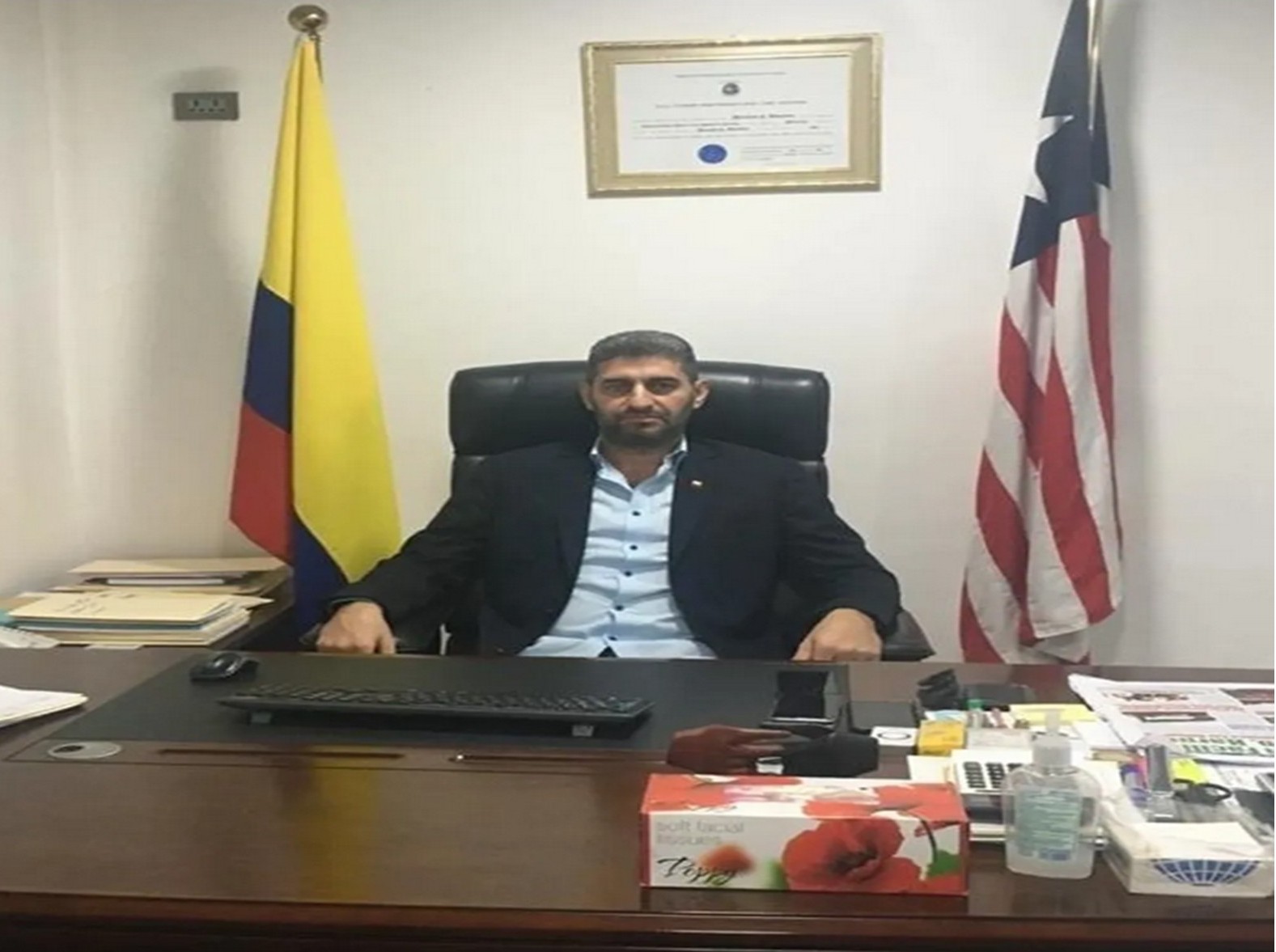By Staff Writer
Monrovia–The State Lawyers has challenge chief Justice Sie-A-Nyene G. Yuoh, of the Supreme of Liberia on Tuesday July 1, 20,25.
Abruptly suspended a highly anticipated hearing into a writ of prohibition filed by lawyers for former Finance Minister Samuel D. Tweah and four other former officials of the Coalition for Democratic Change (CDC) government citing “reasons beyond the Court’s control.”
The postponement came amid escalating legal tension, including a dramatic motion filed by state prosecutors seeking the recusal of Chief Justice Sie-A-Nyeneh Yuoh from the matter, because she had exceeded the constitutional retirement age of 70 as of June 26, 2025.
The Court’s decision to halt the hearing, announced by Supreme Court Clerk Cllr. Sam Mamulu provided no further details beyond the statement that a new date would be communicated to the parties through their legal representatives.
However, legal observers say the combination of unforeseen procedural delays and the motion against the Chief Justice has deepened the uncertainty surrounding the already politically charged alleged corruption case.
State prosecutors recently filed a motion seeking to disqualify Chief Justice Yuoh from presiding over the case.
The motion argues that under Article 72(b) of the Constitution, Justice Yuoh became ineligible to hear new matters upon reaching the age of 70.
While the law permits a justice to conclude cases already under review before retirement, it prohibits participation in new proceedings.
Should the motion be upheld, the Supreme Court would need to be reconstituted without Chief Justice Yuoh, potentially delaying the matter further and complicating the judicial trajectory of the case.
Legal experts say the state’s sudden motion could be viewed either as a tactical stall or a genuine constitutional challenge, and either way, it underscores the fragile balance between legality and strategy in high-profile prosecutions.
Legal analysts argue that Tuesday’s suspension may hand the defence a strategic opening as they attempt to fend off prosecution on constitutional and procedural grounds.
The writ of prohibition was filed to challenge Criminal Court “C” Judge Roosevelt Z. Willie, who had earlier denied a defence motion to dismiss the indictment.
The former officials are accused of authorising the transfer of over L$1 billion and US$500,000 from the Ministry of Finance and Development Planning (MFDP) to the Financial Intelligence Agency (FIA) without statutory clearance.
The prohibition petition emerged after Judge Willie refused to dismiss the indictment in February 2025, ruling that the prosecution must be allowed to proceed with presenting its case.
“The motion to dismiss is hereby denied, and the case is ordered to proceed forthwith,” Judge Willie stated.
The defence countered by arguing that the indicted officials acted under presidential directive, citing Article 61 of the 1986 Constitution and the National Security Reform and Intelligence Act (NSRIA), which they say shields their actions from criminal liability when carried out in the interest of national security.
The Supreme Court agreed to entertain the writ of prohibition, effectively pausing lower court proceedings until the matter could be resolved at the constitutional level.
Beyond the procedural wrangling, the case raises a crucial constitutional question on whether executive officials are prosecuted for carrying out presidential mandates related to national security and economic policy.
The defence insists that their clients acted within executive privilege and lawful command, while the prosecution maintains that the transactions in question bypassed essential legal protocols, constituting abuse of public office.
As public attention heightens, the legal battle continues to test the pillars of judicial independence, constitutional clarity, and political accountability in post-conflict Liberia.
For now, all eyes remain on the Supreme Court, not only for its eventual ruling on the writ of prohibition but also for how it handles the legitimacy of its own Bench in the face of the Chief Justice’s contested status.



